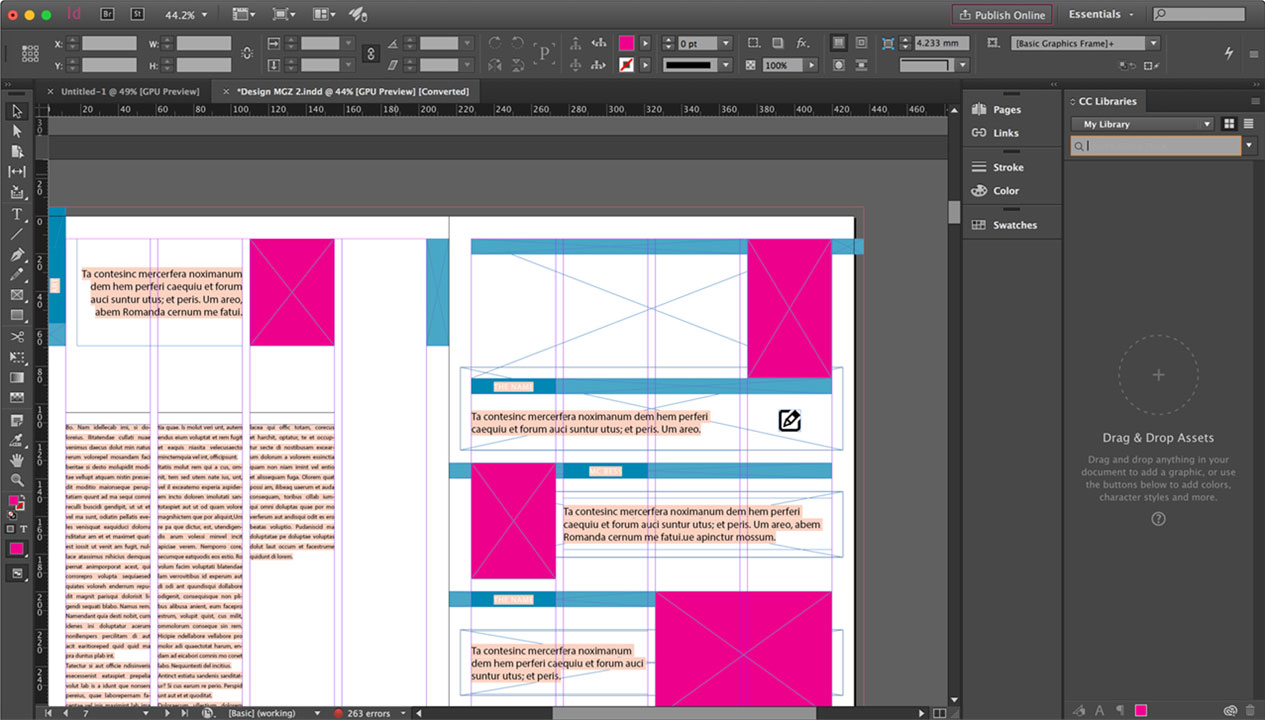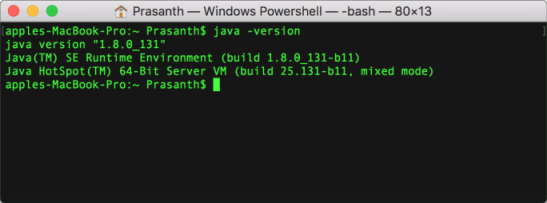Introduction
- Apache Server Mac
- Set Up Apache On Mac
- Mac Restart Apache
- Apache Mac Os
- Should I Download Apache Macbook Pro
- Should I Download Apache Mac Pro
Apache AntUnit 1.4 is now available for download as binary or source release. This release fixes a few race-conditions in LogCapturer and the br-template inside the XSLT stylesheet used for creating the reports. Apache source code is always released under the Apache License, a pragmatic and permissive license that provides broad freedoms for users of our software. You can use the software for just about anything, whether using the product itself, or modifying the source code to change functionality, or to create new software products. Download Apache HTTP Server 2.4.46 for Mac. Fast downloads of the latest free software! Download MeetingBar for Mac - Keep track of your Zoom and Google Meet events, check their details, create new meetings or joint scheduled ones, all from the menu bar. 49 downloads Updated: September 22, 2020 Apache. Review Free Download specifications 100% FREE report malware.
Apache HTTP server is an open source cross platform web server which was released under the license of Apache 2.0. It is developed and maintained by an open community of developers under apache software foundation.
In this tutorial, we will learn the steps involved in the installation process of Apache on MacOS.
Prerequisites
- MacOS
- Login as an administrator on terminal.
- Homebrew must be installed on the system.
Installation
Installation of Apache web server on MacOS includes following steps.
1) Update the repository index of homebrew
To install Apache on our MacOS, we first need to update the index of homebrew package installer. This can be done as follows:
2) Install apache 2.0
The homebrew package installer can be used to install Apache 2.0 on MacOS. The installer installs the Apache HTTP server on the location /usr/local/Cellar/httpd .
3) Start apache
Apache provides a service named as apachectl which needs to be started in order to start Apache. The command needs super user privileges to be executed hence we have to use sudo to get the command executed.
This will start Apache HTTP server which can be tested by visiting localhost on the browser. The localhost gives the response as shown below:
4) Stop Apache
To stop Apache, we need to stop apachectl service with super user privileges as shown below.
Apache Server Mac
When you stop Apache, the localhost will stop listening on port 8080 and it doesn't give any response.

Well we have successfully installed and test apache which is working fine on our MacOS.
I mainly do web development on my 15 in Macbook Pro. Mac runs on base Unix foundation so mainly you could install almost all Linux/Unix software on Mac very easily.
Mac OS X comes by default with ApacheWeb Server and PHP. In this tutorial we will go over steps on how to enable those on Mac.
Let’s get started:
Enable Apache Web Server
Step-1
Open terminal App and run below command:
Step-2
Open browser and check with URL: http://localhost
Enable PHP Module and verify Perl module
Step-1

Open Terminal App. Mac OS X comes by default with Perl library. Just type below commands to check Perl and PHP Setup.
2 4 6 8 10 12 14 16 18 | /usr/bin/perl bash-3.2# pwd total120 -rw-r--r--1root wheel13077Sep92014magic drwxr-xr-x14root wheel476Sep92014extra -rw-r--r--1root wheel20786Sep92014httpd.conf -rw-r--r--1root wheel20786Jun913:55httpd.conf.bak bash-3.2# vi httpd.conf |
Step-2
Set Up Apache On Mac

Open file httpd.conf file. You may use any Text Editor also.
Uncomment the following line (remove #): LoadModule php5_module libexec/apache2/libphp5.so
Step-3
Restart Apache Web Server:
Step-4
Mac Restart Apache
- Find
DocumentRootfromhttpd.conffile. In my case it’s/Users/crunchify/Documents/Blogs/MAMPas I’m using MAMP on my Mac. - You may have diff folder something like
/Library/WebServer/Documents/. - Create below file
crunchify-php-on-mac.phpunder your DocumentRoot folder. - If you don’t see folder
Web Serverthen just create it 🙂
2 4 6 8 | <head> </head> <?phpecho'<p>Hello World - PHP Testcase on Mac OS X by Crunchify.com...</p><br>Have a fun.. Enjoy..';?> </html> |
Step-5
Now visit this URL: http://localhost/crunchify-php-on-mac.php and you should see php file loaded successfully on browser.
How to Kill Apache httpd process on Mac?
Just incase if you need to kill apache httpd process on Mac then you could use below commands.
2 | sudo launchctl unload/System/Library/LaunchDaemons/org.apache.httpd.plist |
Enjoy and Happy coding…
Apache Mac Os
Join the Discussion
Should I Download Apache Macbook Pro
If you liked this article, then please share it on social media or leave us your comments. Limited time 3 months free WPEngine hosting.